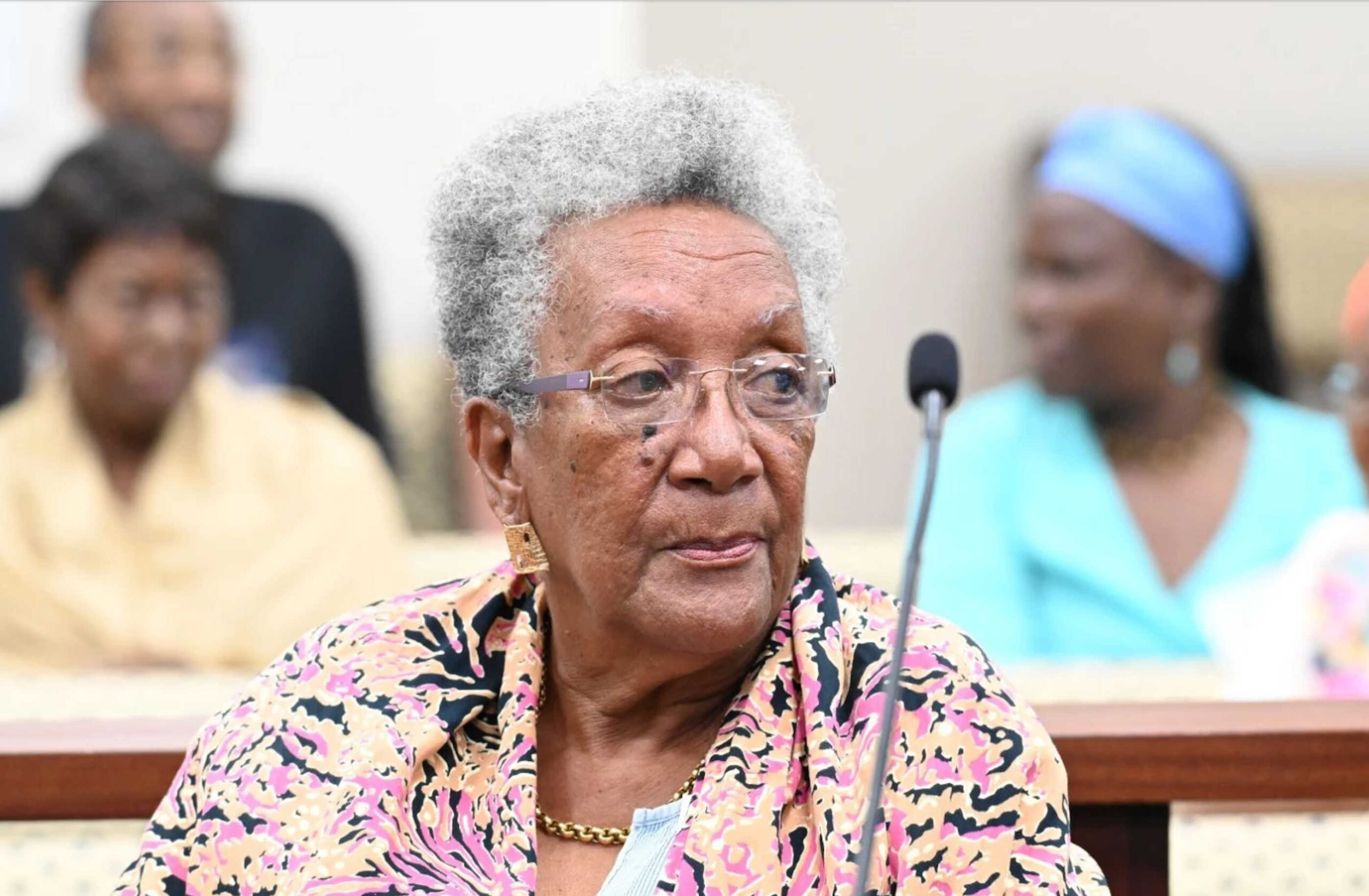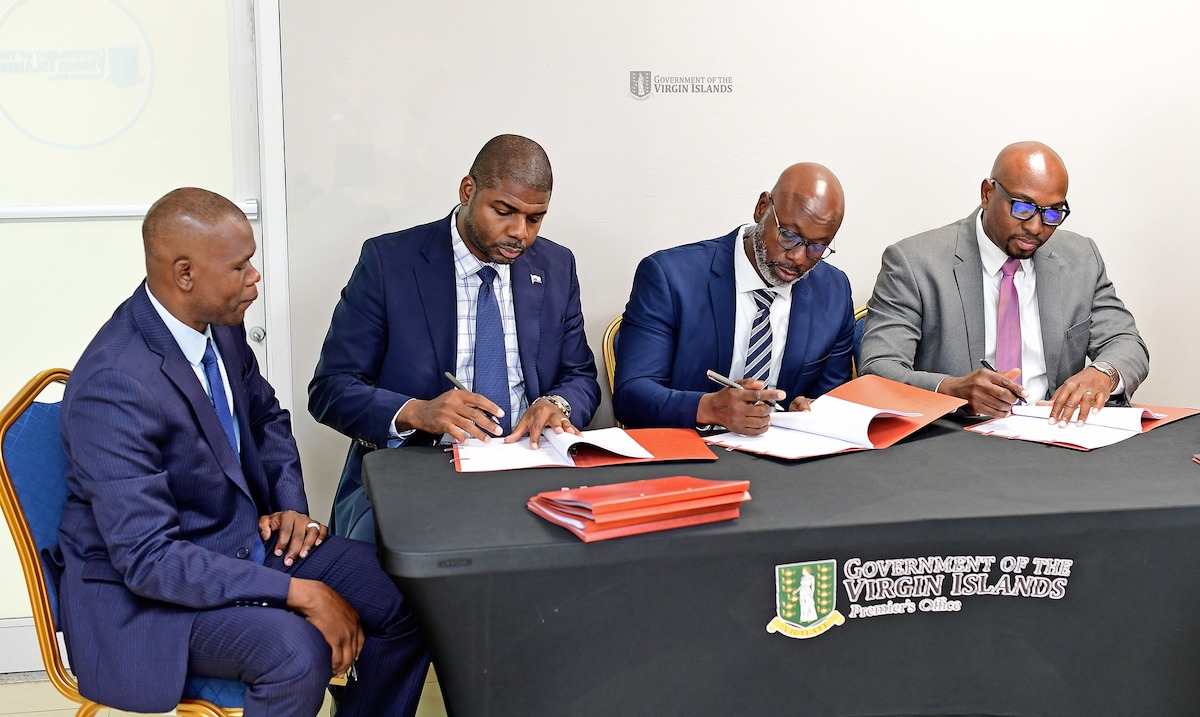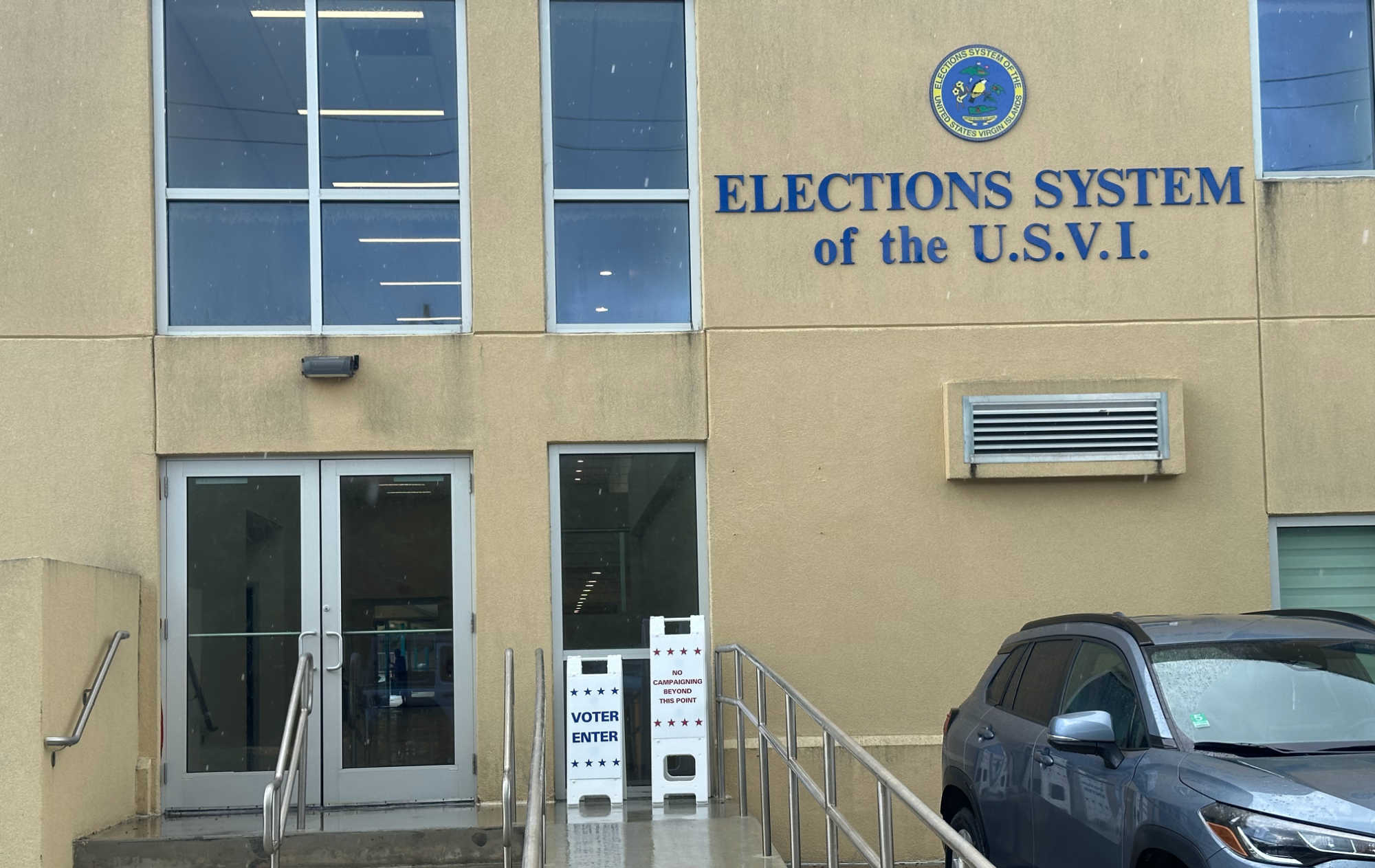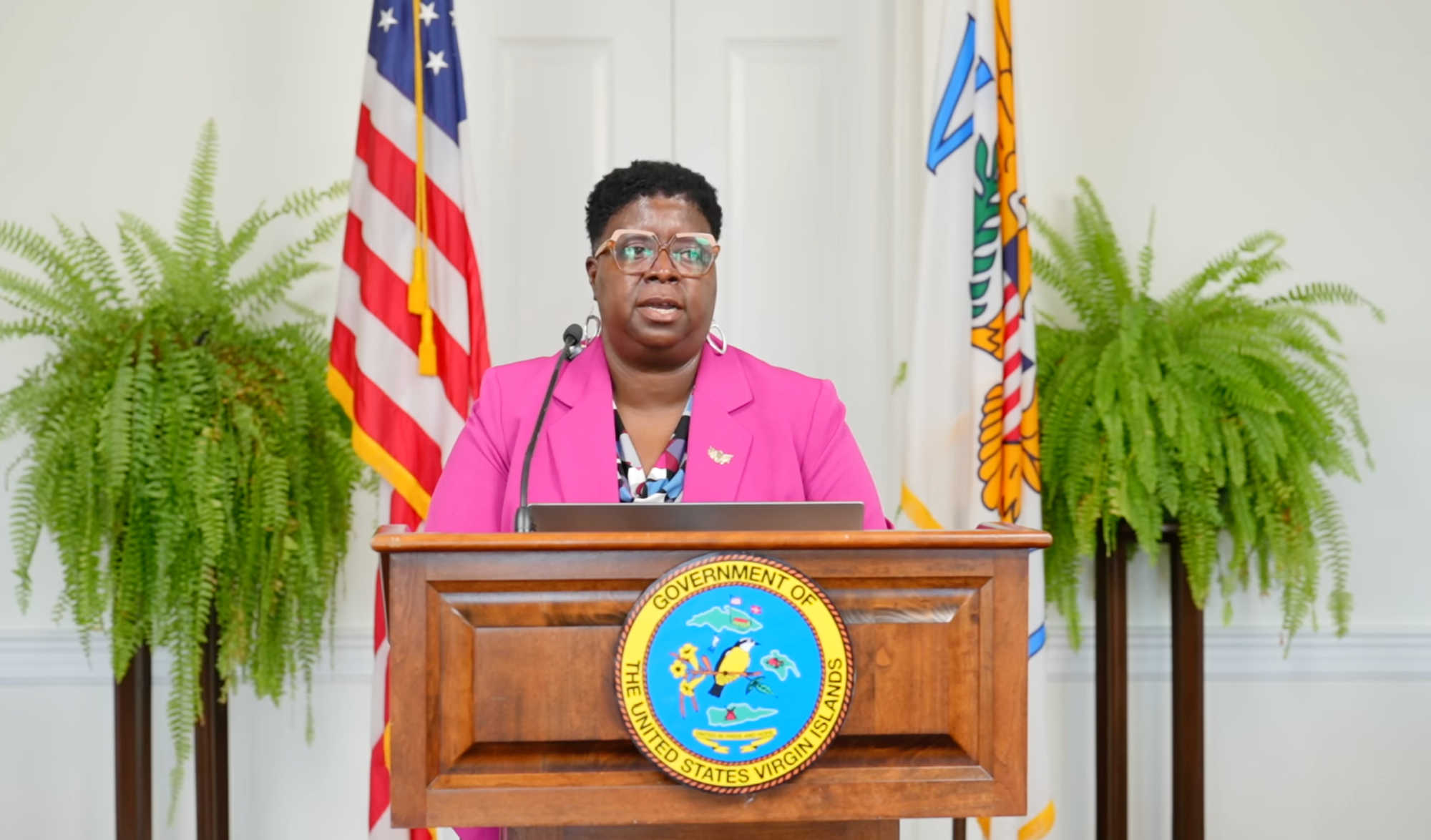

For decades, successive governors and other United Kingdom leaders have pressured the Virgin Islands government to be more transparent.
They are right to do so. But the UK must also follow its own advice.
In that regard, we were disappointed in the lack of openness and transparency exhibited during the recent visit of UK Overseas Territories Minister Stephen Doughty.
During his three-day official trip to the VI, Mr. Doughty — who has refused this newspaper’s interview requests since he was appointed in July — declined to speak to the media and didn’t hold open public meetings.
As a result, most residents here had scant opportunity for dialogue with a person who yields great influence over policy in these islands. This is a shame and runs directly counter to the UK’s typical posture of promoting transparency and good governance in the territories.
The lack of public engagement during Mr. Doughty’s visit — which, unfortunately, was also par for the course under previous OT ministers — is particularly troubling at a time when UK officials have flexed their authority over the democratically elected VI government to require reforms in response to the governance deficiencies highlighted by the 2022 Commission of Inquiry report.
The UK continues to wield an order in council that would allow it to exercise the drastic option of imposing direct rule over the territory should policymakers in London feel that the VI government has not made sufficient strides to reform.
Despite the COI progress made and Premier Natalio “Sowande” Wheatley’s claim that the order in council is “undemocratic,” Mr. Doughty indicated after his visit that the UK won’t even consider lifting it before 2025.
He also said for the first time that the removal will only happen after a thorough review by Governor Daniel Pruce, a “self-assessment” by the VI government, and a visit by representatives of the UK’s Foreign, Commonwealth and Development Office.
As we’ve argued before, the COI reforms are badly needed, and the UK is right to pressure the VI government to properly enact and implement all of them. But the UK must also lead by example. And this is where Mr. Doughty’s visit fell short.
The matters he addressed here were serious. Besides talks about the COI reforms, his visit included discussions about beneficial ownership transparency, a meeting with acting Police Commissioner Jacqueline Vanterpool on law and justice systems, and sessions with other residents who were chosen through a process that has not been explained.
What were the outcomes of the trip?
In a four-minute video released after he left, Mr. Doughty said that after “constructive conversations” with VI officials, he was “encouraged” by their focus on implementing the COI reforms and prepared “to work with all parties in a spirit of openness and frankness to find the way forward.”
He did not provide specific details that he surely would have been asked about had the media been given the chance to meet with him.
Even after the COI reforms are fully implemented, the VI government will have a long way to go in improving transparency, which could be bolstered significantly by the freedom-of-information legislation that we have been advocating for decades.
But in at least one facet of transparency, Mr. Wheatley is way ahead of his UK counterparts: He has been very open with the media, thoroughly answering reporters’ questions during extensive press conferences that he holds every month or so.
Mr. Doughty and Mr. Pruce, who has been media shy since his January arrival, should follow Mr. Wheatley’s lead in this regard.
Related News

Board of Education Candidate Temporarily Detained After Dispute Over Voting Procedure at S...

$100m loan deal to focus largely on Irma recovery projects

Election Results Leave USVI Boards in Search of Members

